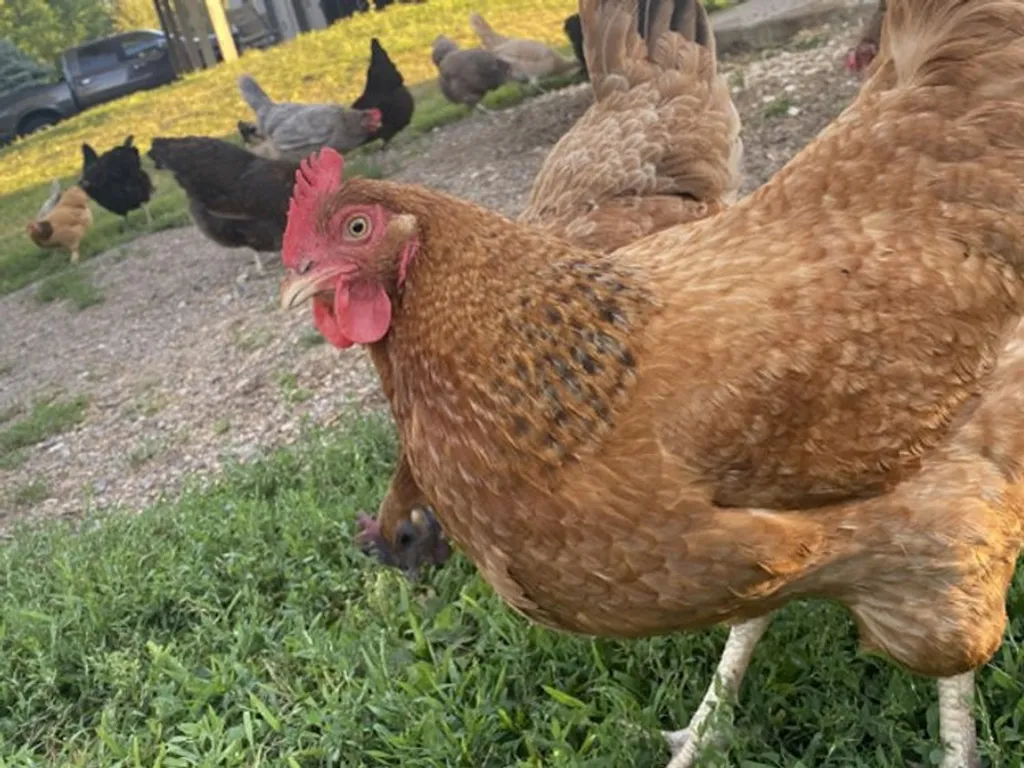In the pursuit of sustainable and efficient poultry farming, researchers have discovered a promising ally in an unexpected place: tea tree oil. A recent study led by Gang Xu from the Tianjin Key Laboratory of Agricultural Animal Breeding and Healthy Husbandry at Tianjin Agricultural University has unveiled the protective effects of tea tree oil (TTO) against diquat (DIQ)-induced toxicity in chickens. The findings, published in the journal *Ecotoxicology and Environmental Safety* (translated as “生态毒理学与环境安全”), offer a glimpse into the future of natural feed additives and their potential to revolutionize the poultry industry.
Diquat, a herbicide commonly used in agriculture, has been known to induce oxidative stress and intestinal barrier dysfunction in animals. In this study, Xu and his team investigated the protective effects of TTO against DIQ-induced toxicity in chickens. The researchers divided 240 one-day-old Hy-Line W-36 laying chickens into two groups: one fed a basal diet and the other supplemented with 200 ppm TTO. At 20 days of age, half of the chickens in each group were injected with DIQ, while the other half received a placebo.
The results were striking. DIQ significantly reduced serum total antioxidant capacity and suppressed the activities of key antioxidant enzymes, while elevating malondialdehyde levels, a marker of oxidative stress. The herbicide also disrupted gut microbiota, reducing microbial diversity and causing dysbiosis. Histological analysis revealed that DIQ reduced villus height and villus height to crypt depth ratios, while increasing crypt depth in the duodenum, jejunum, and ileum. Moreover, DIQ significantly downregulated tight junction proteins, which are crucial for maintaining intestinal barrier integrity.
However, the story takes a hopeful turn with the introduction of tea tree oil. “TTO supplementation counteracted these effects by restoring antioxidant enzyme activities, reducing MDA levels, modulating gut microbiota dysbiosis, normalizing intestinal morphology, and upregulating tight junction expression,” Xu explained. The findings suggest that TTO has the potential to mitigate DIQ-induced oxidative stress, modulate gut microbiota equilibrium, and enhance intestinal barrier integrity.
The implications of this research are far-reaching. As the poultry industry seeks to reduce its reliance on synthetic additives and antibiotics, natural alternatives like TTO could offer a sustainable solution. By enhancing gut health and reducing oxidative stress, TTO could improve chicken welfare, increase productivity, and ultimately benefit the energy sector by providing a more efficient and environmentally friendly source of protein.
“This study opens up new avenues for exploring the use of natural plant extracts in poultry nutrition,” Xu said. “The potential benefits for animal health and welfare, as well as the broader implications for sustainable agriculture, are substantial.”
As the world grapples with the challenges of climate change and food security, research like this offers a beacon of hope. By harnessing the power of nature, we can pave the way for a more sustainable and resilient future. The study, published in *Ecotoxicology and Environmental Safety*, serves as a testament to the potential of interdisciplinary research and the power of innovation in addressing global challenges.
In the words of Xu, “The future of poultry farming lies in our ability to adapt and innovate. By embracing natural solutions like tea tree oil, we can create a healthier, more sustainable, and more productive industry for generations to come.”

